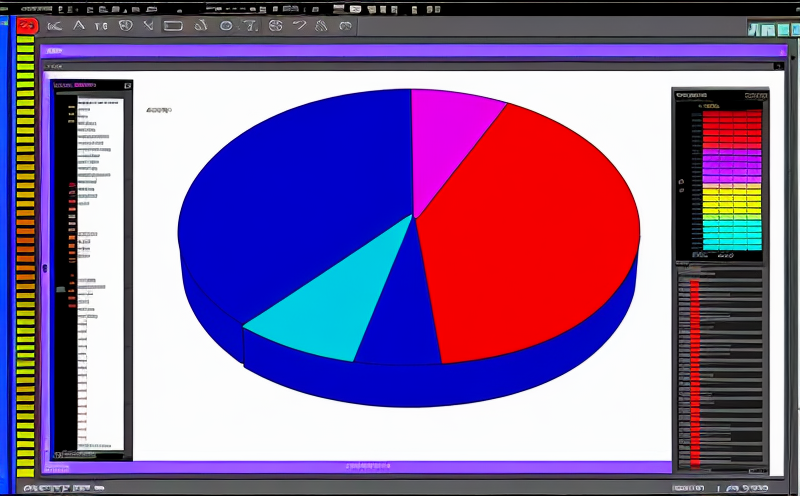CSA Z223 Thermal Analysis of Fuels and Oils
The CSA Z223 standard is a cornerstone for the thermal analysis of fuels and oils in various sectors including aviation, transportation, and manufacturing. This standard is particularly important as it ensures consistent quality control and safety measures are maintained across different fuel types.
The process involves subjecting samples to controlled heating or cooling at specified rates while monitoring physical changes such as melting points, boiling points, and decomposition temperatures. Understanding these parameters allows for the detection of impurities, degradation products, and other characteristics that impact performance and service life.
CSA Z223 is widely recognized in North America for its comprehensive approach to fuel analysis, making it a key requirement for compliance with international standards such as ISO, ASTM, and industry-specific guidelines. This ensures that the results are not only accurate but also internationally comparable.
The thermal analysis is typically conducted using Differential Scanning Calorimetry (DSC) or Thermogravimetric Analysis (TGA), depending on the specific requirements of the test. These instruments provide precise data points which can be used to predict the stability and potential issues with fuel formulations, thereby aiding in product development and quality assurance.
For instance, in aviation fuels, thermal analysis helps identify any additives or contaminants that could affect engine performance or lead to operational hazards. In automotive applications, it ensures lubricants meet stringent durability and efficiency criteria set by regulatory bodies like the ASTM.
Preparation of samples is critical in ensuring accurate results. This includes cleaning containers thoroughly, avoiding cross-contamination between samples, and storing them under controlled conditions to prevent degradation before testing.
The data generated from CSA Z223 thermal analysis serves multiple purposes including:
- Evaluation of fuel quality
- Detection of impurities or additives
- Prediction of fuel stability over time
- Identification of potential operational hazards
The results are typically presented in a detailed report that includes raw data, processed values, and interpretation based on established standards. This information is invaluable for quality managers, compliance officers, R&D engineers, and procurement teams who rely on such analyses to make informed decisions about product specifications and supply chain management.
Why It Matters
The thermal analysis under CSA Z223 plays a crucial role in maintaining the integrity of fuels and oils used across various industries. In sectors like aviation, where reliability and safety are paramount, any deviation from expected performance can have severe consequences ranging from operational disruptions to potential accidents.
For transportation and manufacturing companies, compliance with these standards ensures not only adherence to legal requirements but also contributes positively towards brand reputation and customer trust. By demonstrating commitment to quality through rigorous testing procedures, organizations can enhance their market position while minimizing risks associated with substandard products.
The use of advanced analytical techniques like DSC or TGA allows for deeper insights into the behavior of fuels under different conditions which aids in optimizing formulations and improving overall efficiency. This proactive approach not only benefits individual companies but also promotes sustainable practices that benefit society as a whole.
In summary, CSA Z223 thermal analysis is more than just an adherence to regulations; it represents an investment in safety, quality assurance, and long-term success for businesses operating within the fuel and oil sector.
Eurolab Advantages
At Eurolab, we pride ourselves on providing unparalleled expertise in CSA Z223 thermal analysis. Our team of experienced chemists and engineers specializes in handling complex samples with precision and reliability using state-of-the-art equipment.
- We offer fast turnaround times without compromising on accuracy
- Our facility is equipped to handle diverse sample types, including but not limited to aviation fuels, automotive lubricants, industrial oils, and biofuels
- Comprehensive support services are available for interpretation of results and recommendations based on findings
- We adhere strictly to international standards ensuring our reports are accepted worldwide
- A robust quality management system guarantees consistency in all our processes from sample receipt through final report issuance
- Our commitment to innovation means we stay updated with the latest developments in thermal analysis technology allowing us to offer cutting-edge solutions tailored specifically for your needs.
By choosing Eurolab, you gain access to a network of industry-leading experts who understand both the technical aspects and business implications of thermal analysis. Let us help you navigate through this critical aspect of fuel and oil quality control with confidence.
International Acceptance and Recognition
The results obtained from CSA Z223 thermal analysis are widely accepted internationally due to their rigorous methodology and strict adherence to global standards. Here is a list of countries where these tests have gained significant recognition:
- Australia - The Australian Standard AS 1507 aligns closely with CSA Z223, making the results mutually acceptable.
- Canada - As the home country for CSA Z223, its standards are inherently recognized and followed across Canada.
- United States - The American Society for Testing and Materials (ASTM) D2869 is often used alongside CSA Z223, complementing each other in various applications.
- European Union - Many EU member states utilize the EN ISO 15225:2007 standard which mirrors many aspects of CSA Z223 ensuring seamless integration between North American and European markets.
- Japan - The Japanese Industrial Standards (JIS) K0168 is closely aligned with CSA Z223, facilitating trade and collaboration between Asian and Western nations.
- India - Indian Standard IS 9754 also follows similar protocols to CSA Z223 enhancing interoperability within the region.
The acceptance of these results across borders highlights their significance in promoting international standards and harmonization efforts. Whether you're exporting goods internationally or looking to comply with local regulations, Eurolab’s expertise ensures that your compliance requirements are met seamlessly.





